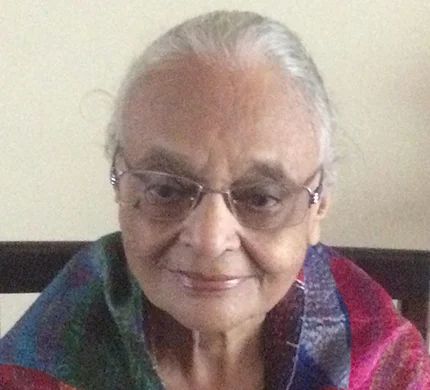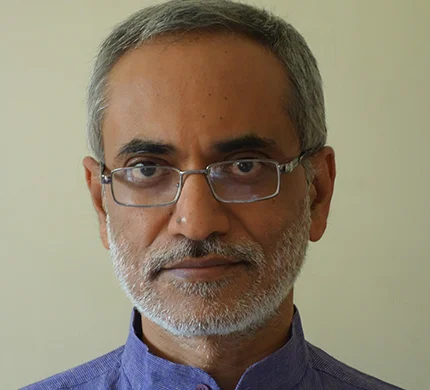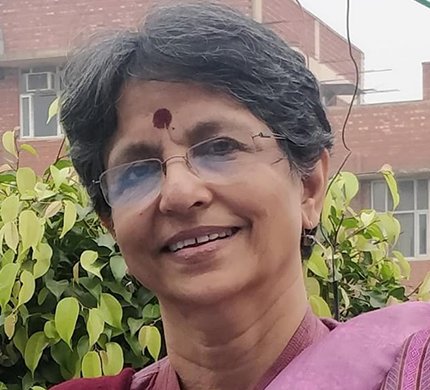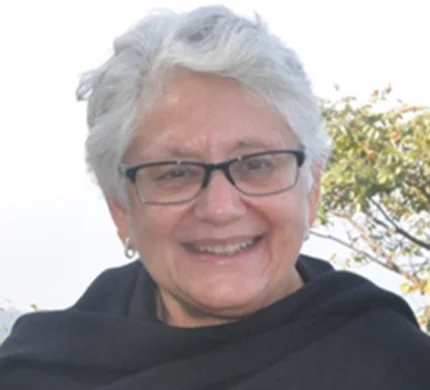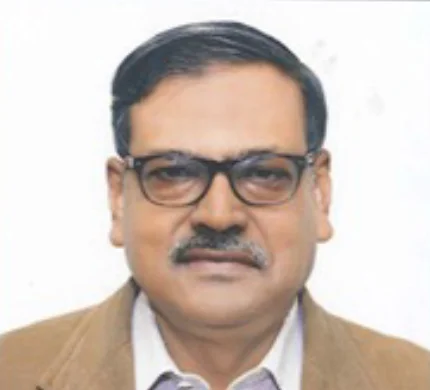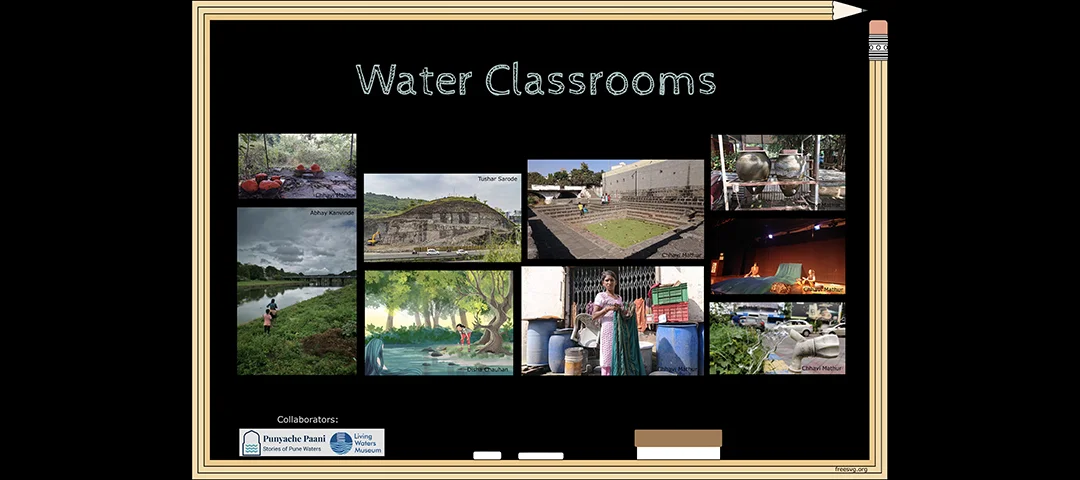
Water is recognized by United Nations’ Sustainable Development Goal 6 – ensuring the availability and sustainable management of water and sanitation for all. In order to achieve this goal, students of today, our “water-keepers” of tomorrow, need to be able to reimagine just, resilient and equitable water futures. The project aims to develop water classrooms using visually engaging and interactive content for middle school students through contextual partnerships. With an interdisciplinary focus on water, the project will explore pedagogy on sustainable development through available literature and stakeholder interactions. A student-centered, inquiry-based pedagogical plan will be designed and the content will be collated, created and presented in a comprehensive framework in collaboration with educators, students, academics and grassroot organizations. This classroom content will be disseminated as 15-20 one-hour long sessions to 40-50 school students from standards 6th to 8th in Pune, India. All activities pertaining to this project will be systematically documented using a process-oriented approach including photographs, audios, videos, daily diaries, etc. This research hopes to yield tools for those interested in education and capacity building towards sustainable water development, including a teaching resource, a policy document and a virtual/physical exhibition to capture student learnings and perspectives.
Key Words: Water, Curriculum, Middle School, Interdisciplinary Knowledge, Pedagogy
Key Themes:
Environmental Education, Curriculum and Pedagogy
Project Site:
Pune, Maharashtra
Principal Investigator:
Chhavi Mathur

